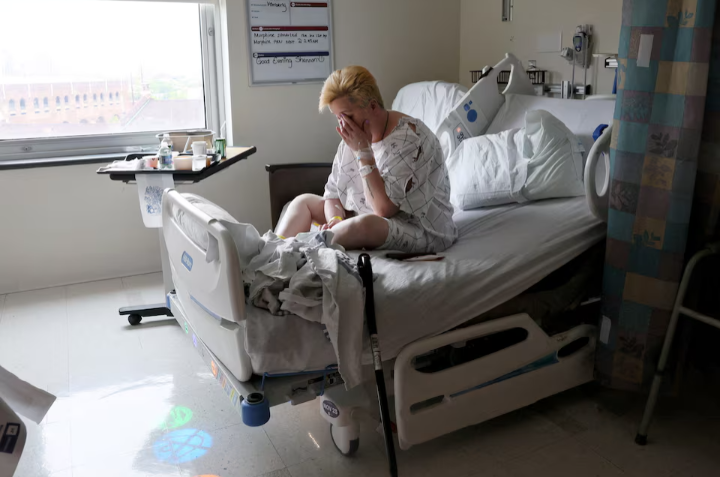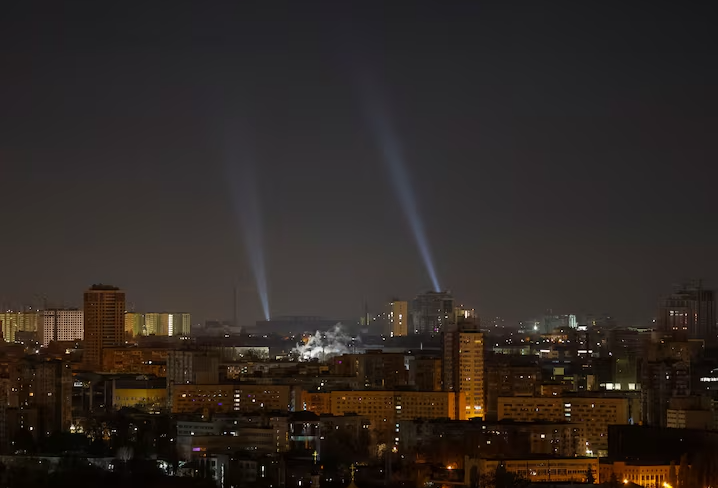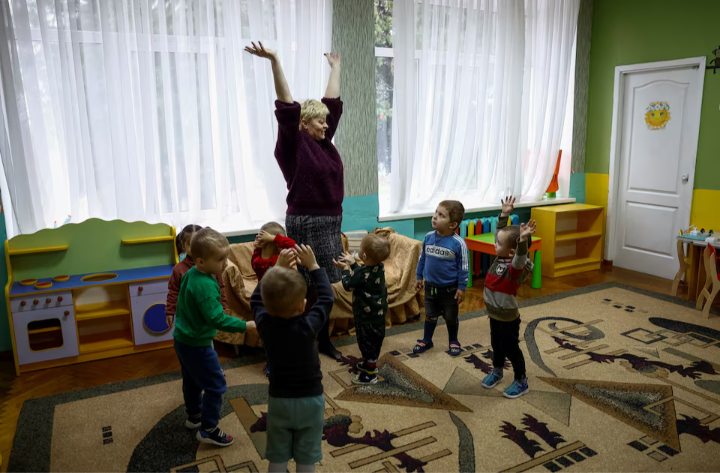For many people living with long COVID, recovery feels out of reach, especially as resources and global attention on the condition dwindle. Wachuka Gichohi, a Kenyan businesswoman, has been grappling with debilitating fatigue, pain, and other severe symptoms for four years. Even well-meaning phrases like “feel better soon” feel empty, as Gichohi realizes that a full recovery may not be possible.
Recent studies confirm that recovery chances decrease with time. Research from the UK and US suggests the best window for recovery is within the first six months of infection, particularly for those who were vaccinated or had mild initial symptoms. However, those still suffering after two years are unlikely to fully recover, according to Manoj Sivan, a professor of rehabilitation medicine at the University of Leeds. Sivan describes this prolonged illness as "persistent long COVID," likening it to chronic conditions such as fibromyalgia and chronic fatigue syndrome.
Long COVID symptoms, which include fatigue, brain fog, and joint pain, vary widely in severity and impact millions globally. While an estimated 65 to 200 million people worldwide may have long COVID, funding and research for the condition are starting to decline, particularly in wealthier nations. In contrast, the US and some countries like Germany continue to invest in long COVID research.
Amitava Banerjee, a professor at University College London, advocates for recognizing long COVID as a chronic condition, akin to heart disease or arthritis. He believes that even if a cure remains elusive, treatments could improve patients' lives.
Living with long COVID can be isolating and disabling, as patients like Leticia Soares, a researcher from Brazil, can attest. Since contracting COVID in 2020, Soares has struggled with extreme fatigue and chronic pain. Although she has found temporary relief with certain medications, recovery often remains elusive, and symptoms tend to fluctuate. Soares and other advocates at Patient-Led Research Collaborative stress the need for further research and treatment options.
Without universally effective treatments, many long COVID patients rely on a variety of approaches to manage symptoms. Gichohi has turned to holistic care, including acupuncture and trauma therapy, after her initial medical care fell short. She says that learning to live with her new reality rather than “chasing recovery” has been crucial.
Re-infection presents an added risk for those with long COVID. For Shannon Turner, a cabaret singer from Philadelphia, a recent re-infection exacerbated her existing symptoms, leaving her reliant on a walker. Yet, despite constant pain and hospital visits, Turner remains determined to pursue her music career.
Long COVID patients worldwide continue to adapt as best they can, but with funding and public attention waning, their hope for recovery dims alongside it.





